Coronavirus: 5 critical COVID signs and symptoms that demand hospitalization
Warning signs of COVID hospitalization

The trajectory of COVID cases in the country is spiking up yet again. With over 2,00,000 fresh cases recorded as of April 16, 2021, the fourth wave of coronavirus is perhaps the scariest one.
The spike in caseloads is also adding pressure on the healthcare system and diagnostics. As doctors are suspecting, the newer COVID strains are not only a lot more infectious but also bringing along severe symptoms and complications for even the young and healthy.
2. What are your chances of getting severe COVID-19 infection?

While a lot of people recover well under home quarantine and many patients being advised to seek hospitalized care only if necessary, it's also crucial to recognize signs of trouble and seek attention at the right time. Like what is being seen right now, severe COVID is not just risky for the elderly or the ones with comorbidity, it can also quickly strike healthier patients and cause symptoms that may be harder to identify.
3. Pay attention to your symptoms
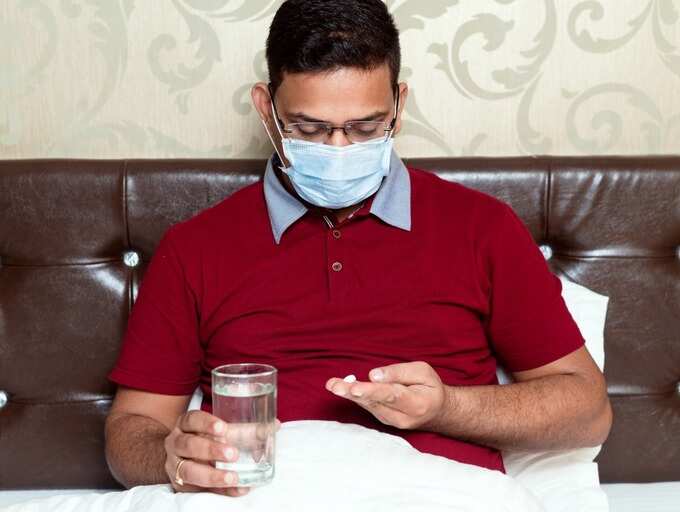
Remember, the symptoms of SARS-COV2 can quickly progress from mild to worse and require attention. The first week of infection is crucial since this is the time when the viral load peaks. Staying vigilant and being aware of symptoms should be a priority.
Even in low-grade cases, patients need to constantly monitor and look out for symptoms to determine whether a case has become severe and hospitalization is needed.
Here are some signs that one needs to be shifted to the hospital in such a scenario:
4. Experiencing difficulty in breathing
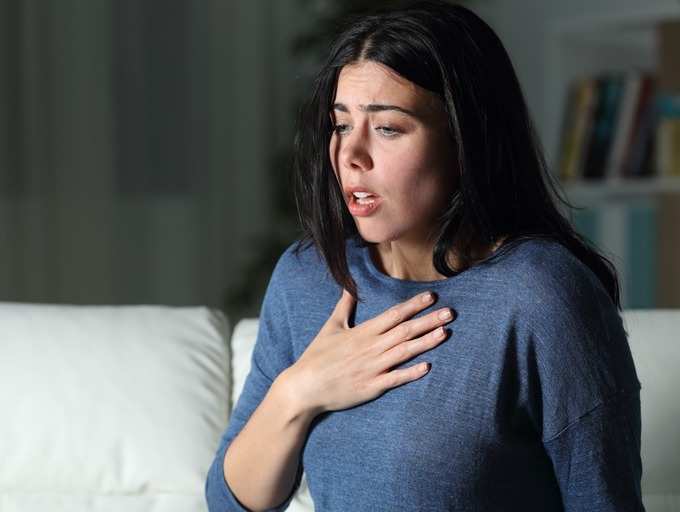
Breathlessness and chest pain can be signs of a worsening infection. Coronavirus is a respiratory infection and the virus attacks the healthy cells in the upper tract and the airways, making it difficult to catch a breath. If your breathing feels laboured, you feel out of breath if you pace about the room or walk up a flight of stairs, these can point to signs of trouble. In the same way, experiencing trouble in inhaling and exhaling should also make you keep a close eye. Connect to a doctor and take immediate action to prevent infection from worsening.
5. A dip in oxygen levels
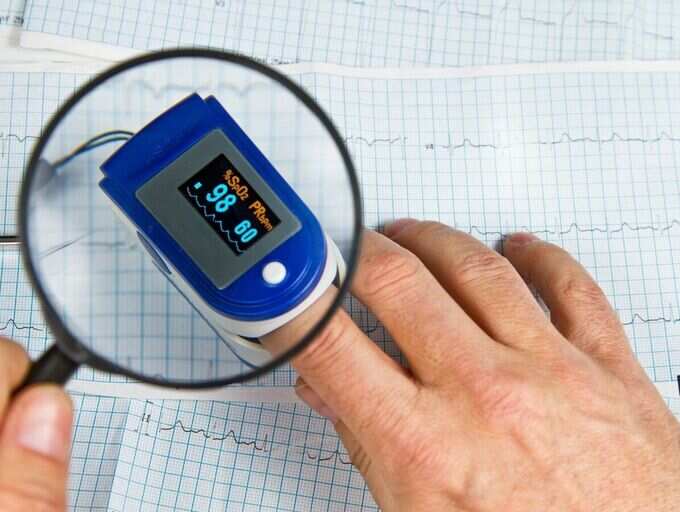
Low oxygen saturation is a concerning cause of any illness. When a person contracts COVID-19, there are chances that he/she may also develop COVID pneumonia which inflames the air sacs in the lungs and they may get filled with fluid or pus and even dip oxygen levels in the body. While hospitalized patients are constantly monitored for their vitals, in cases of a worsening infection, oxygen levels can often go down pretty quickly without the patient even realizing it. Hence, some states started to supply a pulse oximeter for patients under home quarantine to keep a check on their readings. If you run low on oxygen, you may experience difficulty breathing and that is a sign you need medical care.
6. Delirium, or experiencing confusion of any sort
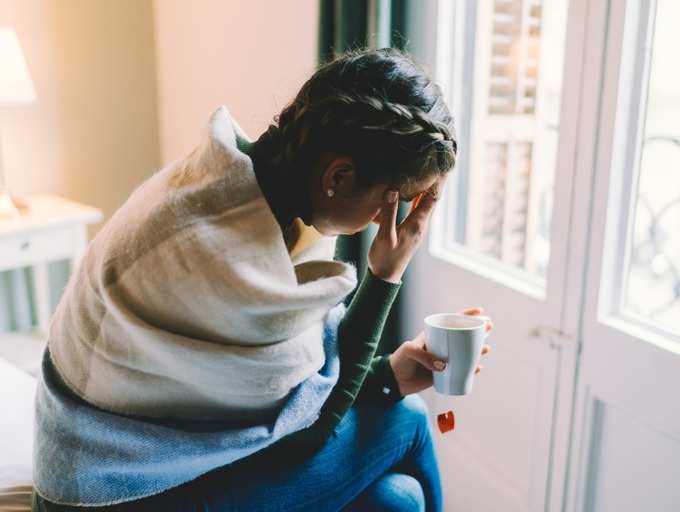
COVID-19 also affects the brain and nervous system in mild ways. A clear change in how you feel, experiencing bouts of confusion, feeling sleepy or slugging or brush with delirium is a symptom of the infection worsening. Experts also say that another point of worry is if the patient finds it difficult to carry out simple tasks, or speak a sentence without slurring, immediate care is needed.
7. Chest pain

Any kind of chest pain should never be taken lightly. SARS-COV2 attacks the mucosal linings in the lungs and in many cases, it can result in a tugging pain or discomfort in and around the chest area. COVID+ patients also experience what experts term substernal chest pain, under their breastbone. If your pain gets unbearable or causes any sort of discomfort, it should be evaluated at the earliest.
8. Blue lips
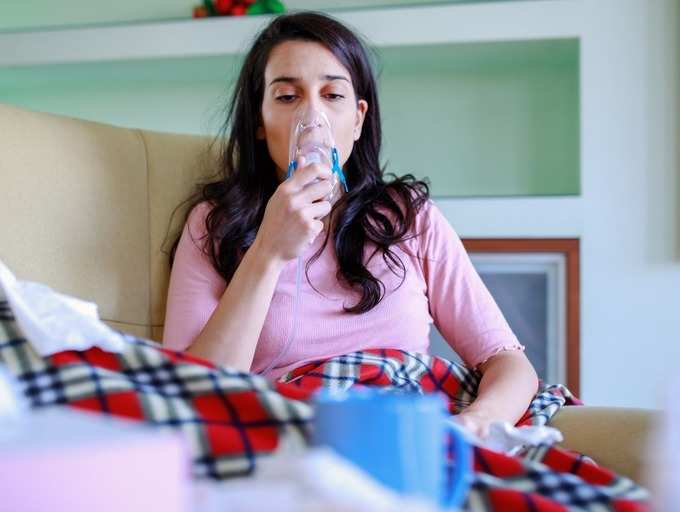
Bluish discolouration to the lips or parts of the face is a sign that oxygen levels are being depleted to critical care and experience hypoxia. If not taken care of, it can also turn life-threatening. Hence, this is one symptom that should never be treated lightly.
9. What other symptoms does one need to watch out for?
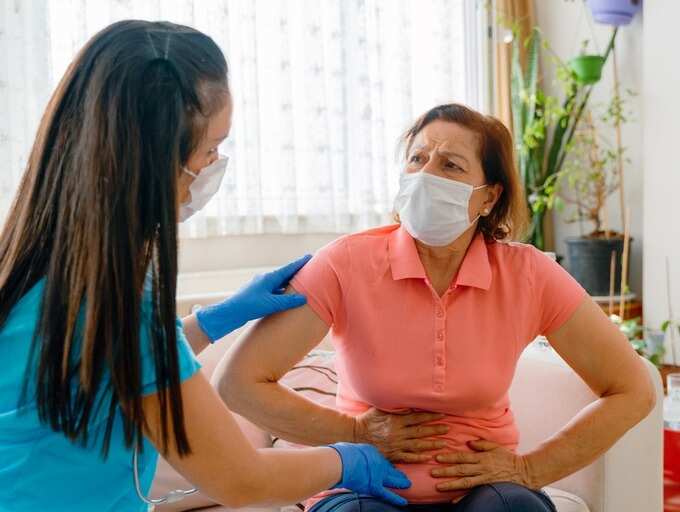
Apart from the above-listed symptom, a worsening of any existing symptom or appearance of new ones (such as fever, diarrhoea, fatigue, dip in vitals) should be reason enough for you to call the emergency services.